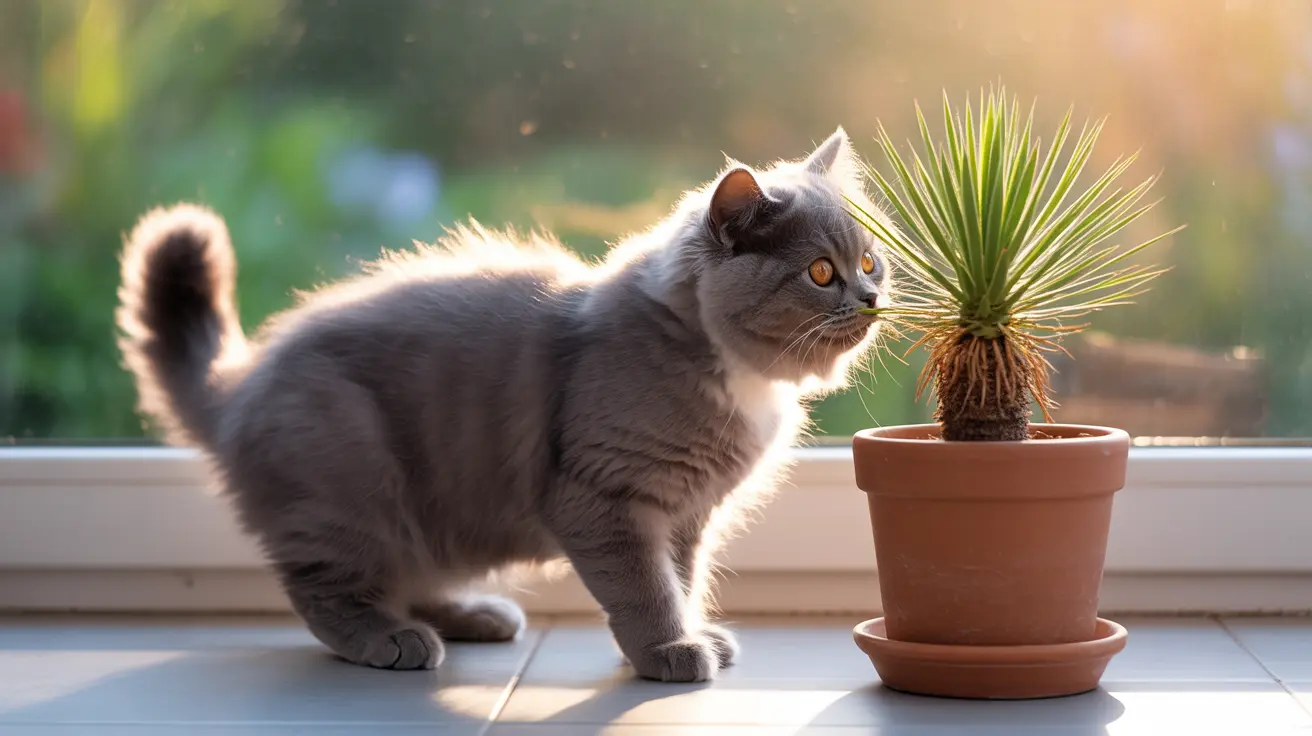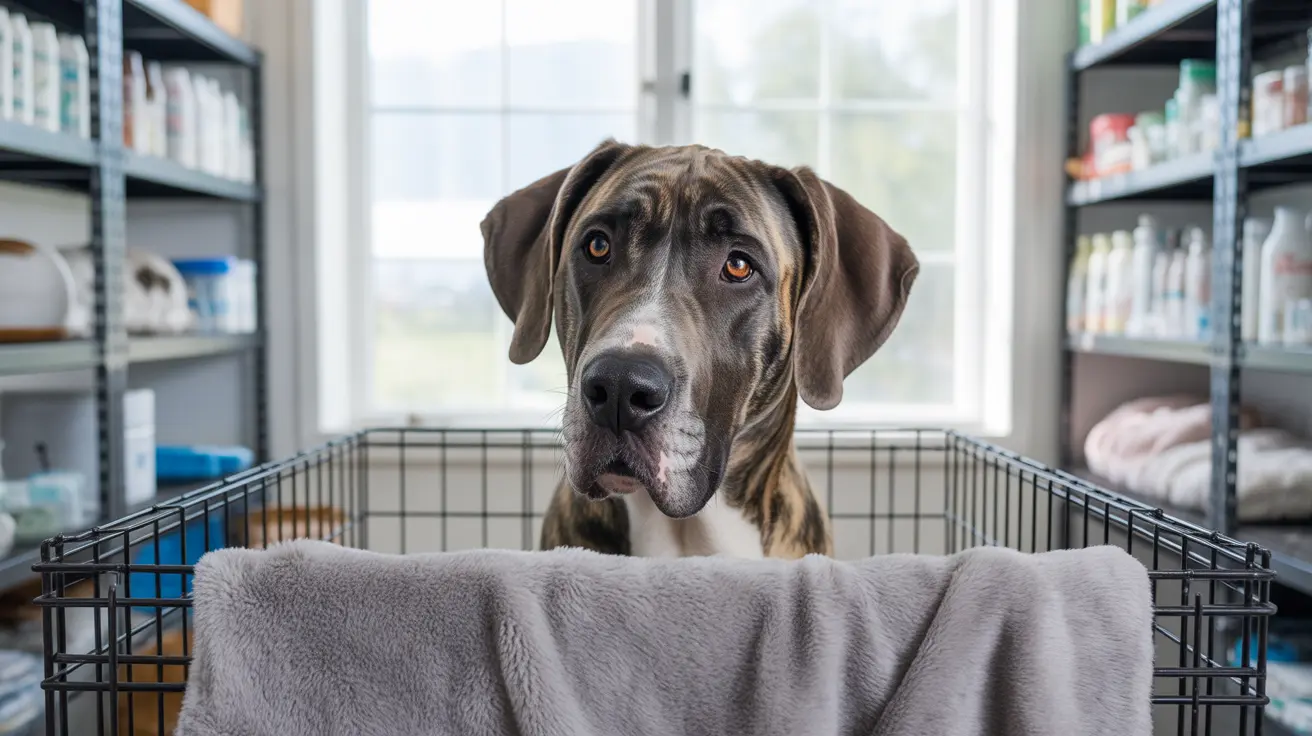Understanding the Dangers of Yucca Plants for Cats
While yucca plants are popular choices for home decoration due to their striking appearance and low maintenance needs, they pose a significant health risk to cats. These plants contain steroidal saponins, naturally occurring compounds that can cause serious adverse reactions when ingested by felines.
Understanding the risks associated with yucca plants is crucial for cat owners, as even small amounts can lead to uncomfortable symptoms, and larger quantities may result in severe health complications. This comprehensive guide will explore the dangers, symptoms, and preventive measures to keep your feline companion safe.
How Yucca Plants Affect Cats
The toxic compounds in yucca plants, primarily saponins, are present throughout the entire plant - from roots to leaves. When a cat chews or ingests any part of the yucca plant, these compounds can cause immediate irritation to the digestive system and may lead to more serious systemic effects.
What makes yucca particularly dangerous is that its toxins can accumulate in a cat's system over time, meaning even small amounts consumed regularly can eventually lead to health issues.
Identifying Symptoms of Yucca Poisoning
Immediate Signs
- Vomiting and diarrhea
- Excessive drooling
- Loss of appetite
- Lethargy or weakness
Advanced Symptoms
- Difficulty walking or loss of coordination
- Tremors or seizures
- Severe dehydration
- Depression or behavioral changes
Emergency Response and Treatment
If you suspect your cat has ingested yucca, immediate action is crucial. While mild cases might resolve on their own, severe symptoms require professional veterinary attention. Contact your veterinarian or the nearest emergency animal hospital, especially if you notice:
- Prolonged vomiting or diarrhea
- Signs of dehydration
- Unusual lethargy or weakness
- Any neurological symptoms
Prevention and Safe Alternatives
The best way to protect your cat from yucca poisoning is through prevention. Consider these safety measures:
- Remove all yucca plants from your home and garden
- Choose cat-safe alternatives like spider plants or African violets
- Create designated "cat gardens" with safe plants like cat grass
- Keep outdoor cats away from areas where yucca grows naturally
Safe Plant Options for Cat Owners
Several attractive, pet-safe alternatives to yucca plants include:
- Boston Ferns
- Swedish Ivy
- Bamboo Palm
- Christmas Cactus
- Moth Orchids
Frequently Asked Questions
Are yucca plants toxic to cats and what symptoms should I look for if my cat ingests them?
Yes, yucca plants are toxic to cats due to their saponin content. Watch for symptoms including vomiting, diarrhea, excessive drooling, lethargy, and loss of appetite. In severe cases, cats may experience coordination problems or seizures.
How dangerous is yucca plant poisoning in cats and when should I take my cat to the vet?
Yucca poisoning can be seriously dangerous, especially if large amounts are consumed. Seek immediate veterinary care if you observe repeated vomiting, severe lethargy, difficulty walking, or any neurological symptoms.
Can yucca extract used in pet products harm my cat?
Properly processed yucca extract in pet products is generally safe as the harmful saponins are removed or reduced during processing. However, raw or unprocessed yucca remains dangerous.
What are safe plant alternatives to yucca for homes with cats?
Safe alternatives include spider plants, African violets, Boston ferns, bamboo palms, and moth orchids. These plants provide similar aesthetic appeal without the risk of toxicity.
How can I prevent my cat from getting poisoned by yucca plants?
Remove all yucca plants from areas accessible to your cat, both indoors and outdoors. Provide safe alternatives like cat grass to satisfy their plant-chewing instincts, and regularly inspect your home for any toxic plants.
Conclusion
While yucca plants are beautiful additions to home décor, the risks they pose to cats make them unsuitable for households with feline companions. By understanding these risks and choosing pet-safe alternatives, you can create a beautiful and safe environment for your cat to thrive in.






